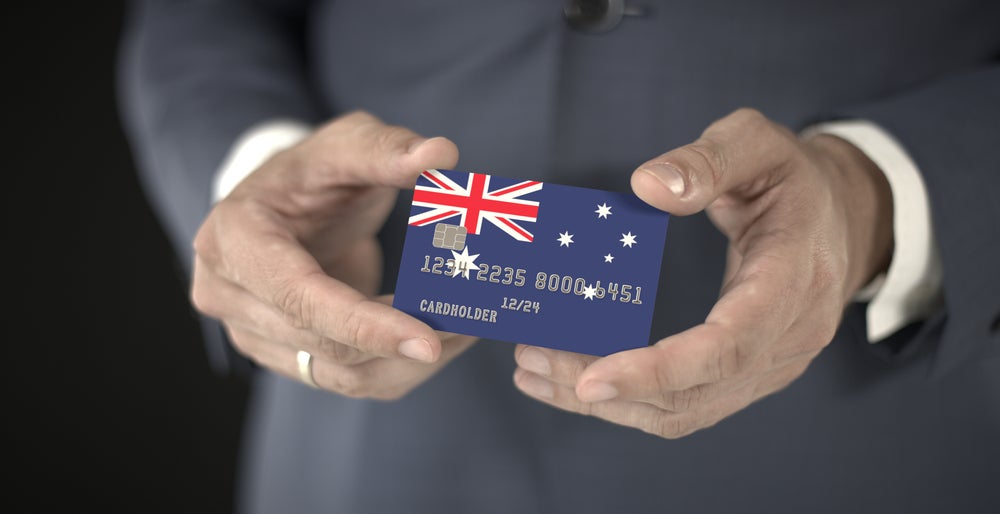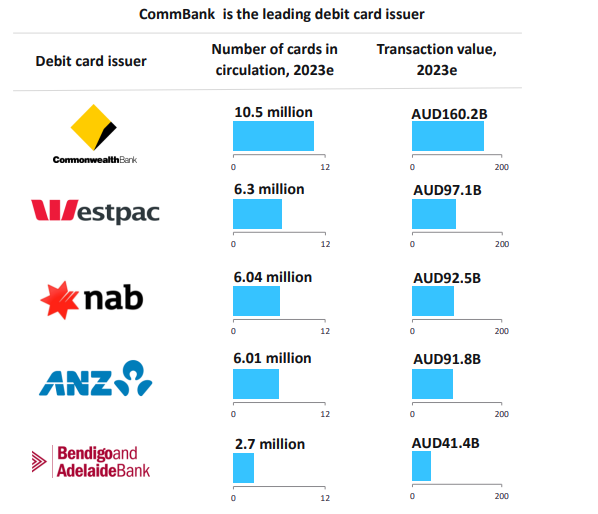
Visa is proposing to reduce the interchange fee paid by small merchants to a flat rate of only 2.2 cents for in-store transactions. This is not a mere repricing. It would represent a potential huge saving for small retailers. Currently, they pay up to 0.2% on the debit card transaction value.
Potentially, it is good news for the retailers. Instead of paying 20 cents for a A$100 debit card transaction, they would be just 2.2 cents.
The proposed Visa offer would however require to be activated by the retailer’s bank. And local media, Banking Day reports that CBA, the country’s largest merchant acquirer and debit card issuer is unlikely to participate.
It is likely to be a similar story at Westpac. The reason for the lack of enthusiasm is straightforward. If signing up to the offer, the banks will collect less revenue on Visa debit card transactions processed under the programme.
Participation from NAB and ANZ is considered more likely. Grant Halverson, CEO of McLean Roche, tells EPI: “Australian RBA figures for merchant pricing ie retail price versus interchange (wholesale pricing) at 2.2 cents gives acquirers a whole new margin if they don’t pass this to retailers. In the second quarter, the Reserve Bank of Australia estimates that the average total merchant service fee paid by retailers for accepting Visa or Mastercard debit transactions was 0.51% in the September quarter. This is significantly higher than the average total merchant fee of 0.34% they incur on debit transactions processed by Eftpos Australia.”
That price difference partly explains why the domestic scheme has made debit processing market share gains.
Australia debit card sector: GlobalData research
Debit cards are the preferred card type for Australian payments, accounting for 59.3% of total card payment value in 2023. They account for 71.8% of cards in circulation with Australian consumers holding an average of 1.7 debit cards, some 45.1 million debit cards in total.
The frequency of debit card payments rose from 171.9 transactions per card in 2019 to 250 in 2023, and this figure is set to reach 317.7 by 2027.
This compares to 85.4 in Singapore, South Korea 64.4, New Zealand 52.4, and Hong Kong 28.6.
High usage of contactless debit cards is supporting this trend. Debit card payment volume, value, and frequency of use are set to grow by 10.3%, 13.5%, and 7.2% respectively in 2023.
Domestic scheme eftpos has the highest number of debit cards in circulation in Australia with 38.4 million cards. Visa follows with 7.6 million ahead of Mastercard with 2.7 million cards.
Australia’s debit card market is concentrated, with the leading five issuers accounting for 69.2% of total debit card transaction value in 2023.








